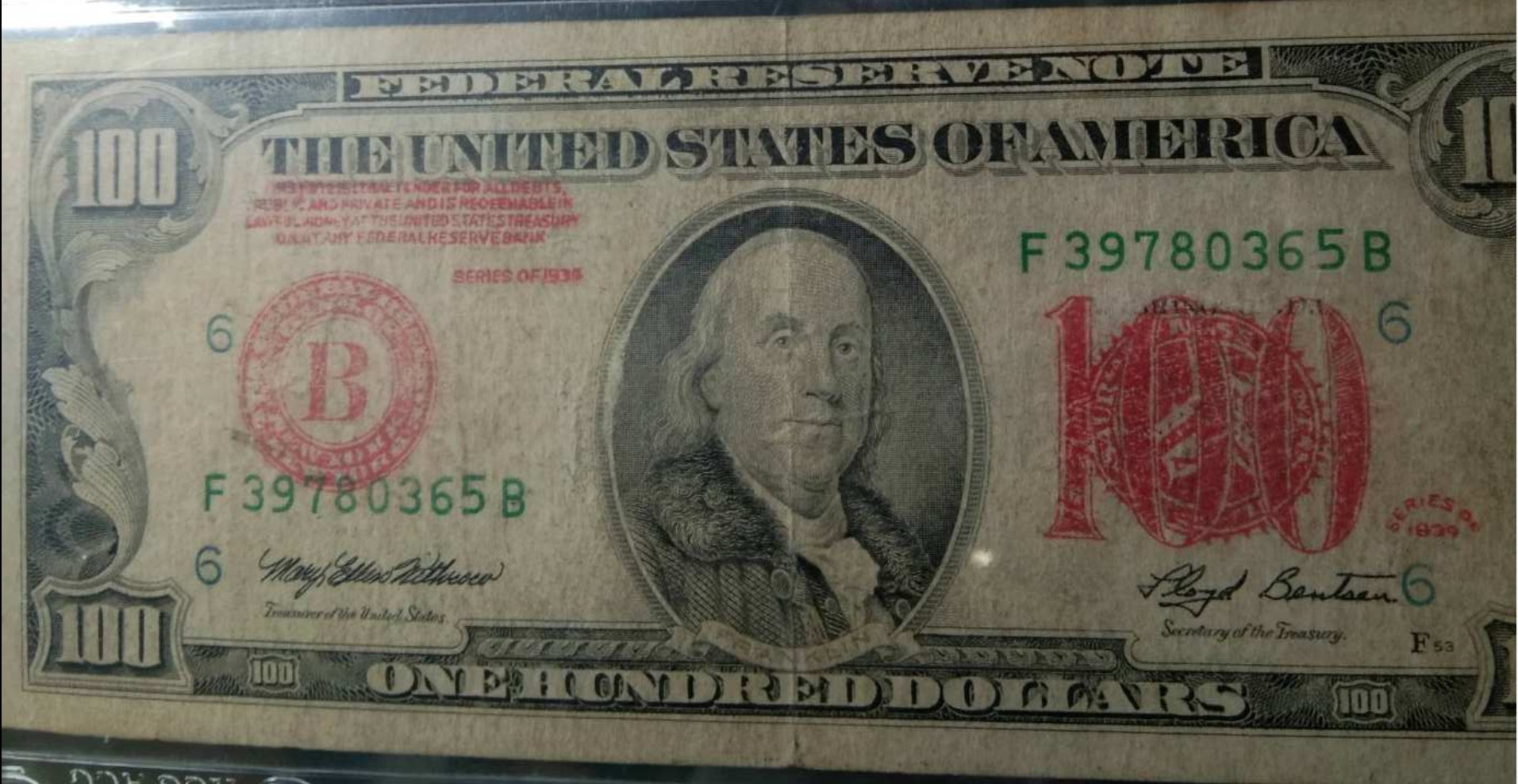If someone ends up with suspected counterfeit US currency, what can they do with it? Obviously tendering it for goods or services would be illegal.
Handing it in for analysis and eventual destruction by the issuing authority would be the "right" thing to do but the acceptor will have lost that value.
The acceptor has been the victim and is unlikely to see restitution. Can the holder of the fake notes on-sell them legally to recoup some of their lost money?
Inspired by https://travel.stackexchange.com/questions/153780/how-can-i-tell-if-old-us-currency-is-usable and related to Is it permissible to collect counterfeit currency?
